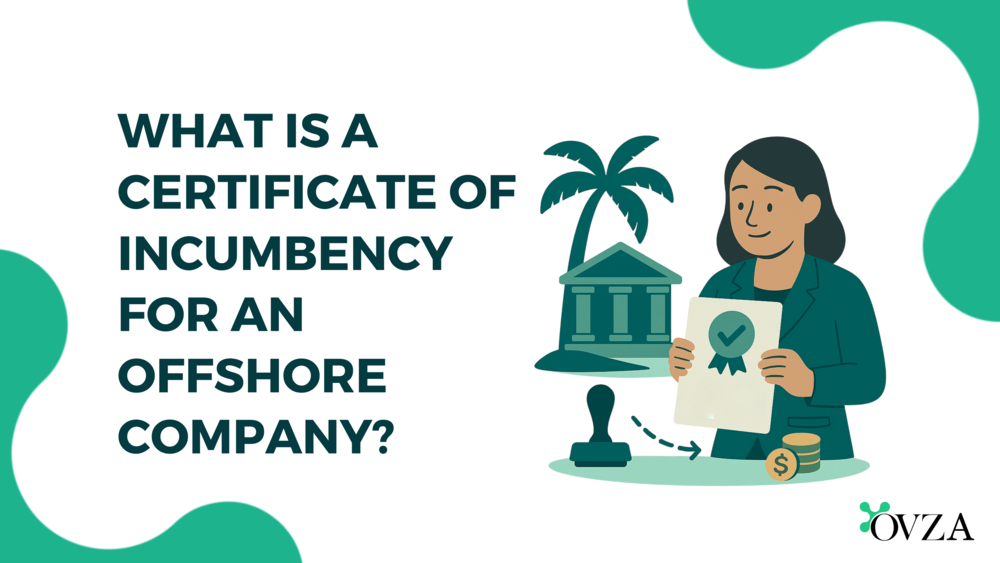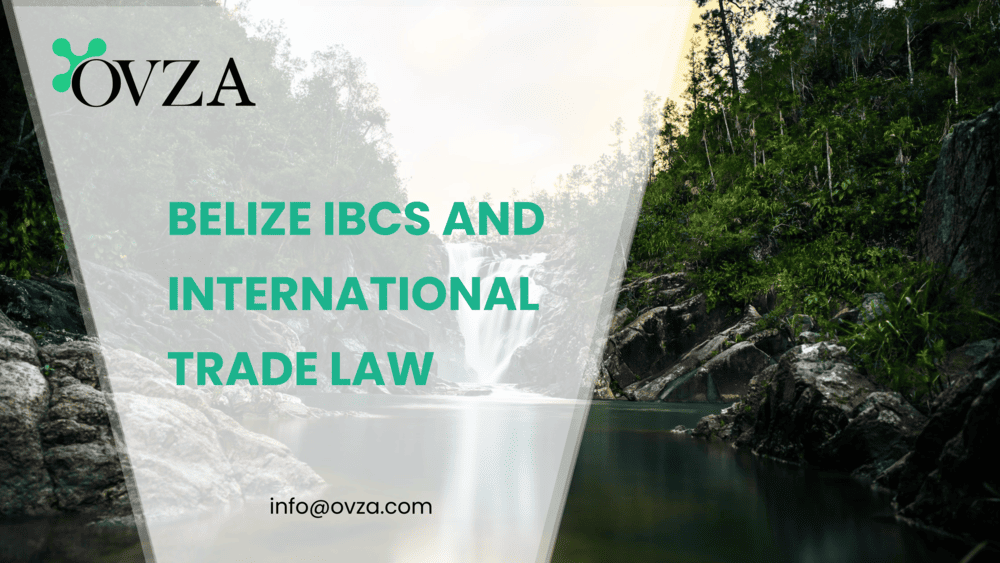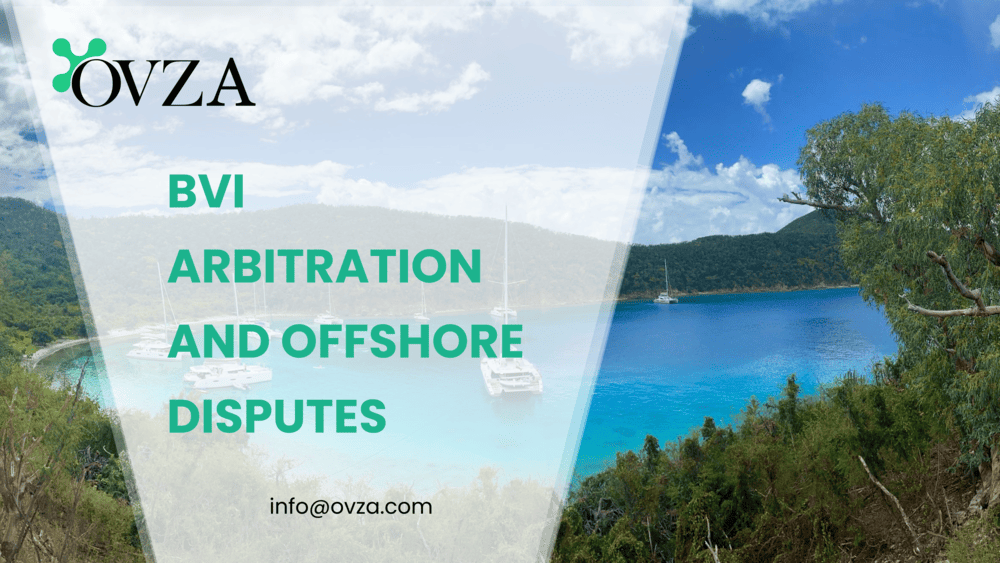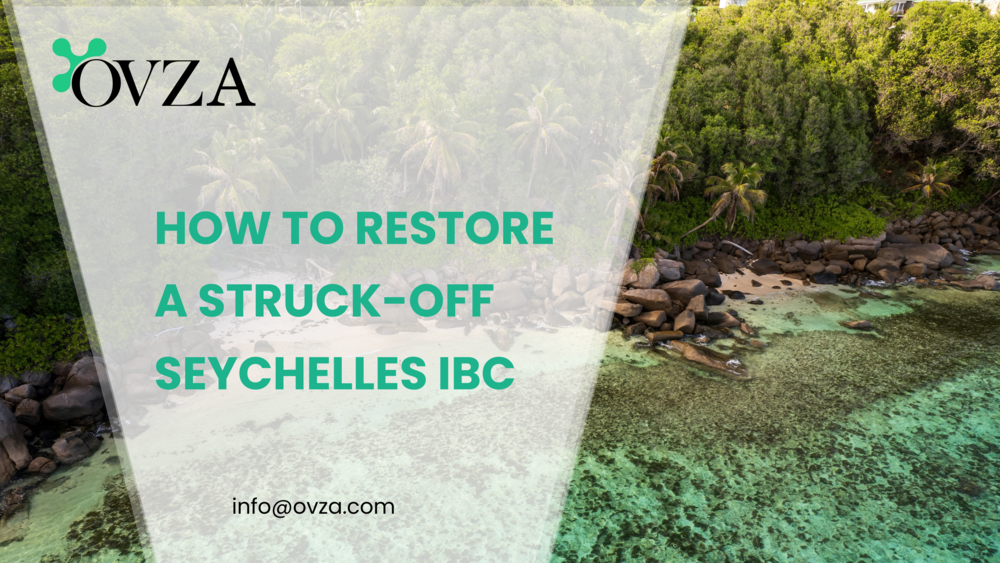A Certificate of Incumbency for an offshore company is an official document that certifies the identity of a company’s current officers and directors. It is typically issued by the registered agent or company secretary in the jurisdiction of incorporation and serves as a legal statement of who holds executive authority within the company.
In offshore corporate practice, the Certificate of Incumbency plays a foundational role in confirming control and authorization over the entity. As offshore companies often use nominee directors, bear flexible governance structures, and operate across borders, third parties—such as international banks, counterparties, and regulatory authorities—rely on this document as proof of who has legal authority to act on behalf of the company.
The certificate is typically presented during due diligence procedures, such as bank account openings, legal transactions, compliance reviews, or when signing contracts with international parties. In many respects, it serves a function similar to a notarized power of attorney or a corporate resolution, but with greater weight, formality, and jurisdictional recognition.
Legal Nature and Issuance of the Certificate
A Certificate of Incumbency is not simply an internal record. It is a legally recognized corporate document issued by an authorized party—most commonly the company’s registered agent in the offshore jurisdiction. The agent certifies the accuracy of the company’s internal structure based on the official corporate register and records maintained under statutory requirements.
The certificate typically includes:
- The name of the company
- The jurisdiction of incorporation
- The company number and date of registration
- The registered office address
- The names and titles of directors and officers
- The names of shareholders or beneficial owners, if requested or required
- The authority of specific individuals to sign, act, or transact on behalf of the company
- A declaration that the company is in good standing, meaning it is current with fees, filings, and legal obligations
It is usually issued on company letterhead, signed by the registered agent or a director, and may be sealed, notarized, or apostilled depending on the jurisdiction or end use.
Why Offshore Companies Rely on This Document
The need for a Certificate of Incumbency is particularly pronounced in offshore company structures due to the inherently private and cross-border nature of such entities. In many offshore jurisdictions—such as the British Virgin Islands (BVI), Belize, or Seychelles—details about company officers or shareholders are not publicly available. This makes it difficult for counterparties or institutions to confirm control without a formal certification.
In these cases, the Certificate of Incumbency for an offshore company becomes the primary document used to confirm that a given individual is legitimately authorized to execute agreements, access accounts, or represent the company in a transaction. Without this certificate, offshore companies may face delays or even denials when trying to open bank accounts, enter into legal contracts, or verify compliance with foreign regulators.
Moreover, some banks and financial institutions will not proceed with onboarding an offshore entity unless the certificate is provided in a format that is notarized or apostilled, especially when required for cross-border authentication.
How a Certificate of Incumbency for Offshore Company Structures Is Used in Practice
The certificate of incumbency for offshore company structures serves as a cornerstone document in a wide range of legal and commercial contexts. Most commonly, it is required during the bank account opening process, where financial institutions must verify the identity and authority of company officers before allowing access to corporate banking facilities. Without a valid certificate, banks—especially in regulated jurisdictions such as the EU, UAE, or Singapore—may refuse to onboard the entity or may request enhanced due diligence that significantly delays account approval.
In legal transactions, the certificate of incumbency for offshore company entities is used to authenticate the authority of the individual signing on behalf of the company. Whether entering into an international service agreement, licensing deal, or merger arrangement, third parties often demand proof that the signatory has formal authorization to bind the company. This is especially relevant when the company is managed by nominee directors or when shareholders are not publicly disclosed.
Regulatory bodies and financial counterparties also frequently request a certificate of incumbency for offshore company compliance purposes, particularly when cross-border payments, investments, or fund transfers are involved. In cases where a company seeks to register with tax authorities, participate in due diligence questionnaires, or comply with anti-money laundering (AML) directives, the certificate provides an essential layer of transparency and documentation.
In investor relations or capital raising, the certificate may also be appended to legal opinion letters or included in data rooms during private equity or venture capital transactions. An investor performing due diligence on an offshore holding entity will often require a certificate of incumbency for offshore company verification to ensure that shareholding arrangements and board composition align with what has been contractually represented.
In short, the certificate of incumbency for offshore company formations is far more than a formality—it is an essential compliance document, widely relied upon by banks, law firms, regulators, and counterparties alike.
Fastest Jurisdictions to Obtain a Certificate of Incumbency for Offshore Companies
Turnaround time is often critical when dealing with cross-border banking, investment verification, or legal documentation. Fortunately, some jurisdictions are faster and more efficient than others in issuing official corporate records. For clients needing a certificate of incumbency for offshore company purposes urgently, choosing the right jurisdiction can reduce waiting times from weeks to just days.
| Jurisdiction | Typical Issuance Time | Notes |
| Belize | 24–48 hours | Very efficient; ideal for urgent banking or compliance documentation. |
| Seychelles | 1–2 business days | Fast processing for IBCs in good standing. |
| British Virgin Islands | 2–3 business days | Reliable and widely accepted; may require notarization. |
| Marshall Islands | 2–4 business days | Efficient; apostille or certified copies may extend timing. |
| St. Vincent & Grenadines | 2–3 business days | Suitable for simple company structures and freelance entities. |
| Cayman Islands | 3–5 business days | Premium jurisdiction; may involve more formalities. |
| Nevis | 3–5 business days | Extra review may be required for shareholder register validation. |
| Samoa | 4–6 business days | Longer lead times; best suited for planned requests. |
| Antigua & Barbuda | 4–6 business days | Moderate processing speed; verification requirements may vary. |
| Anguilla | 3–5 business days | Reasonably fast for standard IBCs. |
Conclusion
For any offshore company engaged in international business, the certificate of incumbency for offshore company operations is not merely an optional document—it is an essential legal and compliance instrument.
Whether you are opening a bank account, signing a foreign investment agreement, or responding to regulatory requests, this certificate may be required as proof of legitimacy and control.
Disclaimer: The information provided on this website is intended for general reference and educational purposes only. While OVZA makes every effort to ensure accuracy and timeliness, the content should not be considered legal, financial, or tax advice.








